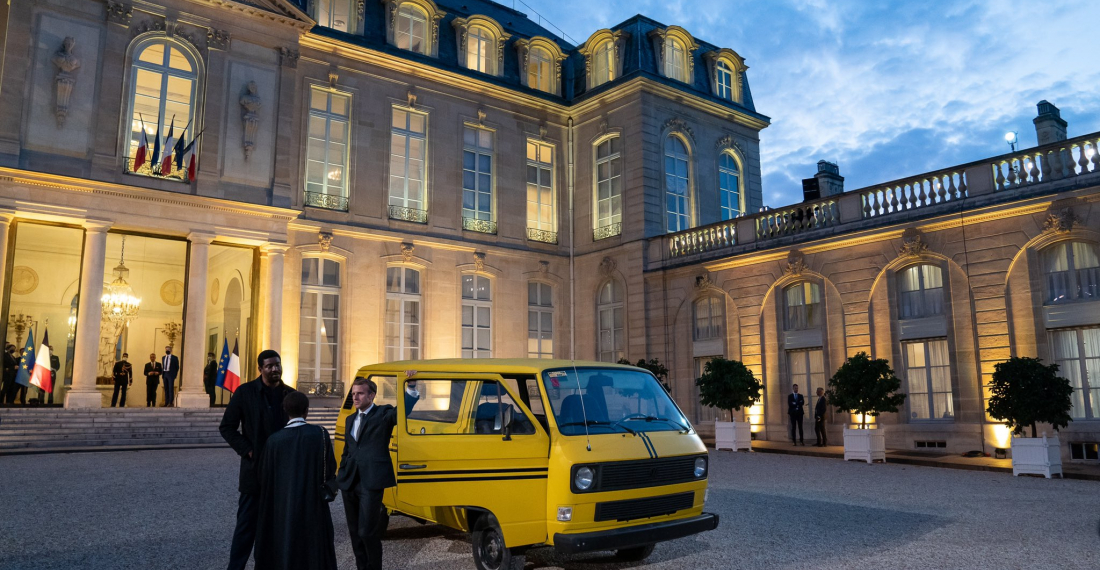The French president, Emmanuel Macron, reacted on Thursday (30 September) to the “abandonment” allegations made by Mali's prime minister, Choguel Kokalla Maïga, at the UN last Sunday, describing them as "shameful". Maïga had accused France of abandoning Mali "in full flight" with its decision to withdraw the Barkhane force.
“I was shocked. These comments are unacceptable [...]. While yesterday we presided over the national tribute to Sergeant Maxime Blasco [killed in action in Mali last week], this is unacceptable. It is a shame and it dishonours what is not even a government,” Macron told an RFI correspondent on the sidelines of the closing dinner of the Africa2020 Season held at the Élysée Palace.
Paris had already condemned Maïga's comments earlier this week. The French minister of armed forces, Florence Parly, had denounced the accusations as being "unacceptable" and "indecent", which amounted to “wiping ones feet on the blood of French soldiers”.
“I know that the Malians do not think that”, estimated Macron, stressing that “the legitimacy of the current government”, resulting from two coups d'état since 2020, was “democratically null”.
“We are demanding because we are committed, we want to fight against terrorism and for security,” he added. “We are here because the Malian state asked for it. Without France, Mali would be in the hands of terrorists,” he claimed.
Macron reiterated his expectations for the leaders of the junta “to respect their commitments: that in February there will be elections, that they stop putting political opponents in prison, that they do their job, that is to say the return of the State, which they have not done for months.”
The president assured that France would continue its development projects in Mali alongside the international community. But “this work cannot be done if the leaders do not take their responsibilities”, he warned.
“It is not a fatality” he continued, giving the example of Niger, a country neighbouring Mali, where “courageous” presidents are “doing their best, fighting for their people, education, health… They are doing an admirable job.”







